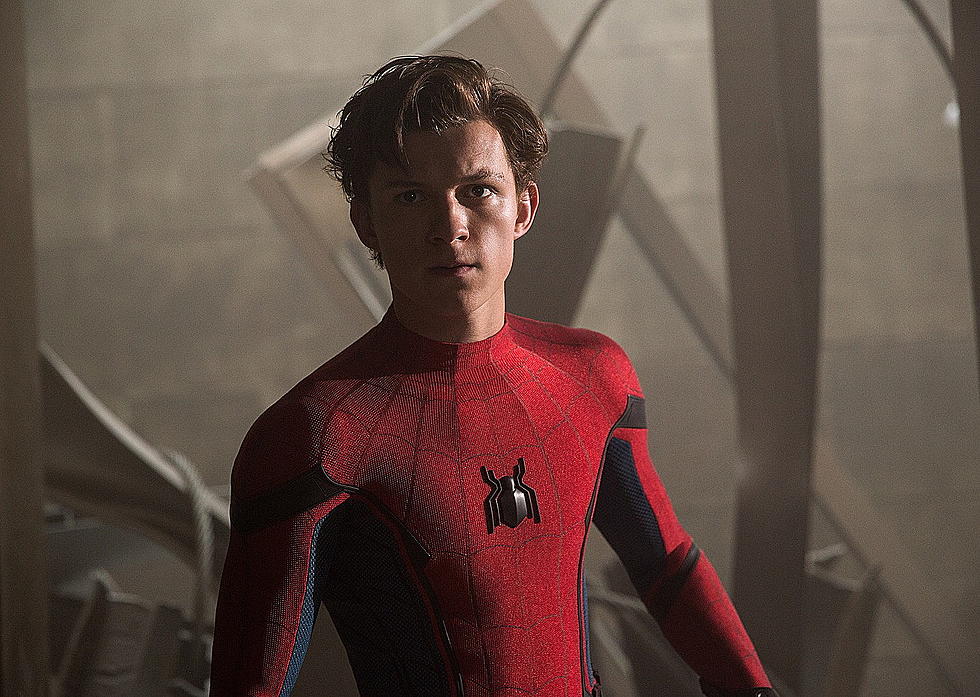
Richard Stanley Might Finally Get to Direct His ‘Island of Dr. Moreau’
Richard Stanley’s The Island of Dr. Moreau — which can hardly be called “Richard Stanley’s The Island of Dr. Moreau,” as he was fired from production only three days after it started — joined the storied halls of notoriously troubled film production disasters shortly after its release, and was even the subject of a documentary, David Gregory’s Lost Souls, that attempted to explain how the movie went so wrong. Luckily for Stanley, his long-in-development passion project might be resurrected again, twenty years after the first try.
The Dr. Moreau that was released in 1996 starred Marlon Brando and Val Kilmer, was directed by John Frankenhemier, and was a critical and audience failure. Stanley told Birth.Movies.Death. that he’s ready for another go at it, mostly because of Gregory’s documentary.
At this stage, I can’t say exactly by who, and how long it will take, but the project does live again, largely thanks to David. We’re currently scripting and designing the thing. It’s going to be an all-new screenplay and an all-new cast of beast-people; the original creatures are copyrighted by Warner Bros. [parent company of New Line, which produced and released the ’96 film]. I wasn’t particularly happy with them anyway. The final designs of the creatures in the Frankenheimer version were disappointing, and I think there’s huge room for improvement.
That’s something I’ve been talking about with the project’s backers at some length. because that was also their concern, to reinvent the mousetrap in terms of the beast-people. This time around, they seem to understand the film a bit better, and realize that the creatures are the stars of the movie, not the humans. That was the essential mistake made in the New Line version. They didn’t realize just how much mileage they could get out of those characters if they actually foregrounded them.
I think he’s got the exact right idea here. He hasn’t yet decided if his version of H.G. Wells’ book will be more suited to the big or small screen — though he does see the appeal of doing it for TV.
I’m hoping it will metamorphose into three feature films or six television hours. I’m actually pushing it toward the latter. I would prefer it to be on TV rather than as a theatrical movie or movies, because a) we would have less interference from the studio, and b) we could have an R-level product. I believe that going for the multiplex, it would have its teeth pulled and its nails cut again [New Line’s Moreau was PG-13], and going to television, we could be pretty unrestrained in the way we approach the material. There are a lot of scenes I’ve always wanted to do, including those with the sexually charged dolphin people [laughs], that have fallen out along the way, which I would like to get back into it.
He also spoke about how he’s aware that the original’s legendarily troubled production will be at the forefront of everyone’s minds if he really does get to make his version, but he won’t let it bother him too much.
I now realize that I’m part of a history that will probably never be over, and that what I thought was the end for me was simply the conclusion of the first chapter.”
This is really fabulous news, and if you’re one of those people who are morbidly fascinated by movies with notorious production histories and director passion projects that never got off the ground — or if you’re just an H.G. Wells fan — keep your fingers crossed for this one. If Terry Gilliam can do it, anything is possible.
More From Eagle 106.3










